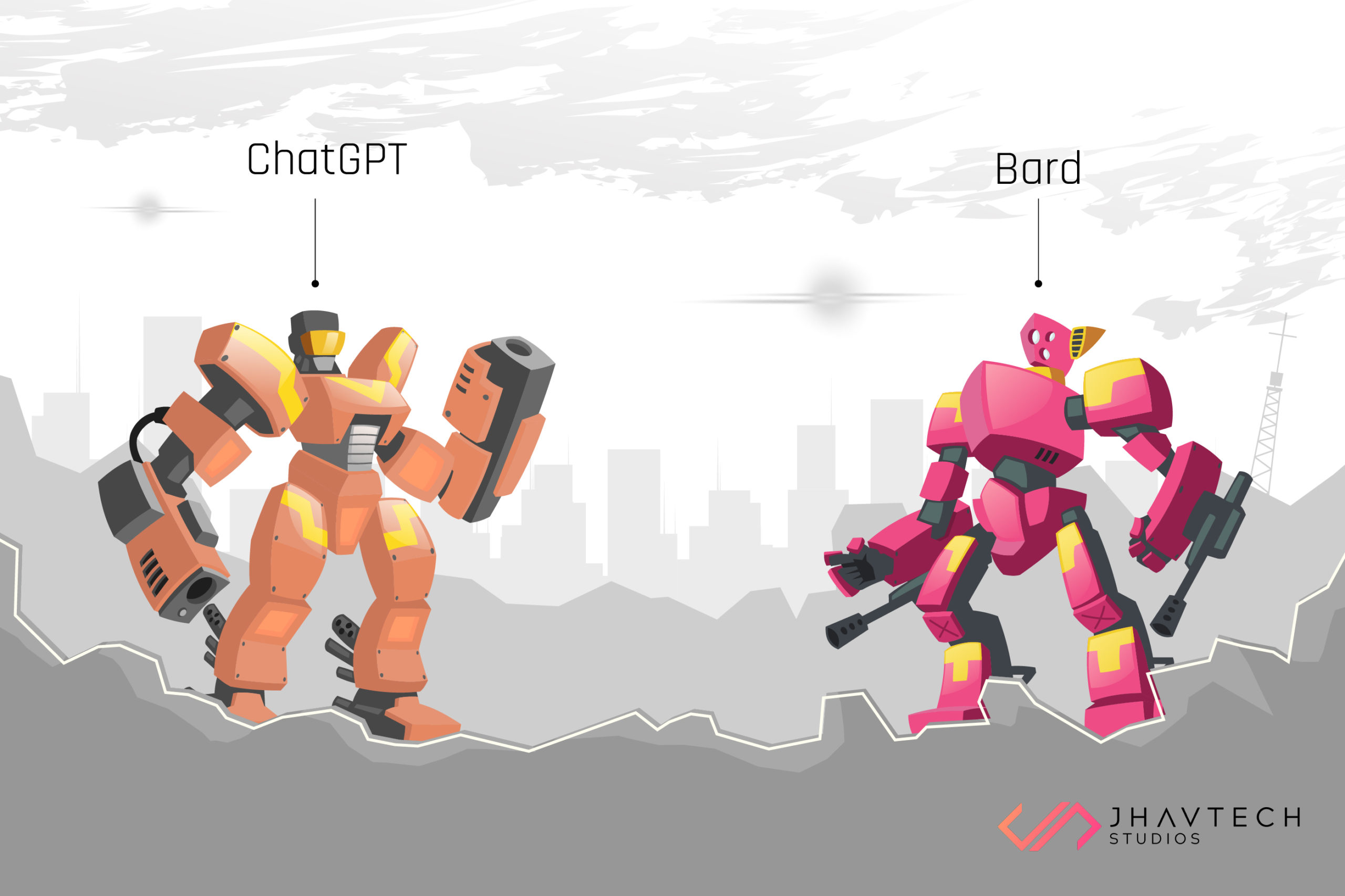Google Unveils NEW Search A.I. to Rival Bing | ChatGPT vs Bard | Who is Winning?

Tech giant Google unveiled on February 6 a new experimental conversational AI service called “Bard”, making it quite obvious that it’s working on a ChatGPT competitor.
Google CEO Sundar Pichai, stated that Bard will be available to “trusted testers” on February 6, with plans to open it up to the public ‘in the coming weeks.’ But it’s not clear what capabilities Bard will have, although it appears it will be just as free ranging as ChatGPT. However, Pichai noted that Bard will draw on information from the web to provide high-quality responses, suggesting that it may be able to answer queries about recent events, which is something that ChatGPT struggles with.
ChatGPT was publicly released in late November by OpenAI, an American artificial intelligence research laboratory. Like ChatGPT, Bard has been crafted on a large language model. Such models are trained on vast collection of online data in order to deliver compelling responses to user prompts.
Google’s announcement came as its core product, online search, is believed be hurdling its most significant threat in years. Since ChatGPT’s successful launch, it has been widely used to produce essays, stories, song lyrics, and to answer some queries one may have previously searched for on Google.

The massive attention currently being enjoyed by ChatGPT has apparently engendered the management of Google to declare a ‘code red’ scenario for its search business. This was evident because of the rushed announcement and scant information about Bard. Last year, Paul Buchheit, one of Gmail’s creators, tweeted that Google “may be only a year or two away from total disruption” because of the emergence of AI.
While the technology behind ChatGPT is not revolutionary, the decision of OpenAI to make the system freely available online exposed millions of people to this unique form of automated text generation. Its impact has been groundbreaking, with discussions about the effect of ChatGPT on education, work, and the future of internet search.
Meanwhile, Microsoft has capitalized on the latest developments and has confirmed its intention to invest billions of dollars to OpenAI. It even stated that it will integrate the AI tool to some of its products and there were even rumors that it is planning to incorporate ChatGPT into Bing. Screenshots purportedly showing a ChatGPT-enhanced Bing leaked just last week.
Bard’s underlying technology has been around for a while now, but not widely available to the public. Google launched its Language Model for Dialogue Applications (LaMDA) about two years ago, and on February 6 it said that this technology will power Bard. In addition, AI-powered tools will soon start rolling out on Google’s flagship search tool, so we’ll see AI-powered features in Search that will filter complex information into easy-to-understand formats.
If Google continues to move in the direction of integrating an AI chatbot tool into search, it may entail some risks. Note that these tools are trained on online data, and experts have argued that they have the capability to spread misinformation and perpetuate biases.
Just like other tech giants, Google has been cautious of a fallout against untested AI. Language models such as LaMDA and GPT-3.5 are notorious for their tendency to generate toxic content like hate speech and to assert false information with conviction, such that a professor compared these systems to ‘bullshit generators’ – by no means a complimentary description for technology that some say will replace search engines.
The impending launch of Bard represents a change in Google’s approach to AI-powered search. Pichai stressed in his blog that Google will combine their internal testing with external feedback to ensure that Bard’s responses meet high standards for quality, safety, and groundedness in real-world information, although he pointed out that it’s more or less guaranteed that the system will commit errors, even serious ones.
P.S. Just like our writers, our app developers don’t use ChatGPT or AI in general to create logic and code

